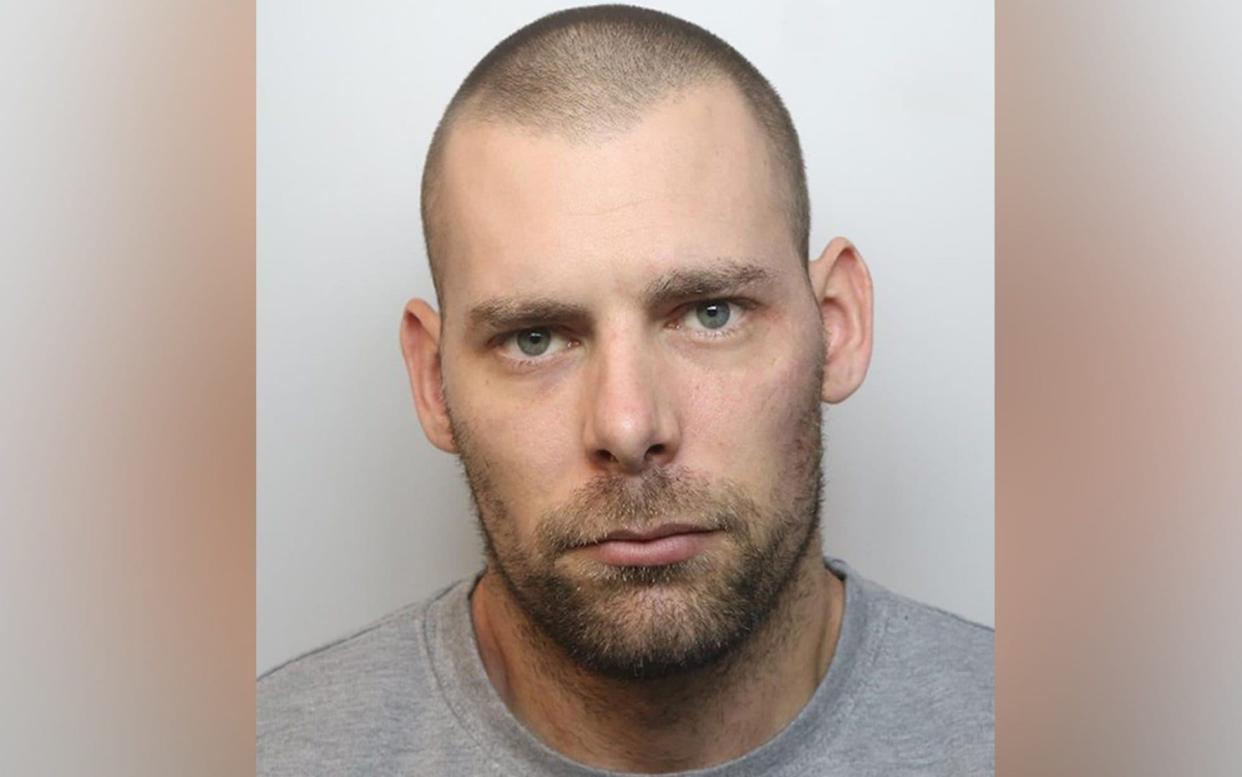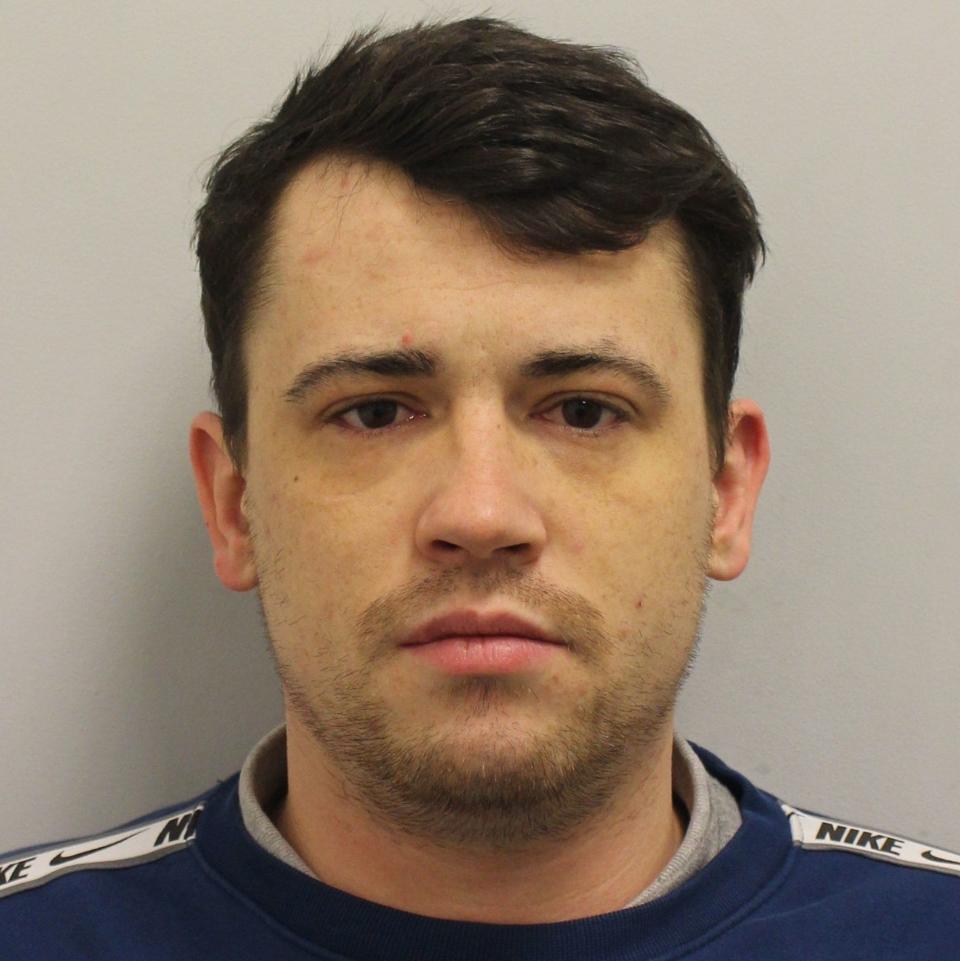One murder a week committed by offenders as probation service struggles

One murder is committed every week by offenders on probation, official figures have revealed.
Since 2010, more than 750 convictions for murder have been handed to criminals who were on probation – an average of one a week. Nearly 20 murders were committed by offenders previously given life sentences.
A further 1,000 convictions for rape, attempted rape or serious sexual assault – including attacks on young children – have been secured against known offenders in the same time period.
The disclosure comes after high-profile cases in which three offenders on probation murdered nine people, including three children, with inspectors blaming failings by the probation service.
Inspection reports have suggested shortages of probation officers are to blame, contributing to a decline in the quality of their work and increased risk to the public.

Ministry of Justice data show that 762 further offences of murder were carried out by criminals on probation between 2010 and 2022. The annual toll rose from 55 in 2020-21 to 65 in 2021-22, though the peak year was 2018-19 with 103.
Average of 62 murders a year
The average was 62 murders a year, just over one a week since the data was first collected in 2014. Overall reoffending rates have risen to one third of all adults released from custody and 56 per cent for offenders released from jail after less than a year.
The three cases that have highlighted probation failings include the murder of the 35-year-old law graduate Zara Aleena in East London by Jordan McSweeney.
McSweeney, who had 28 previous convictions for 69 offences, was recorded as being of “medium risk” to the public by his newly qualified probation officer, rather than high risk. An inquest last week heard that McSweeney could have been recalled to prison earlier.

Damien Bendall, dubbed the “sleepover killer”, was monitored by an inexperienced, unqualified probation officer trained online, before he murdered his pregnant partner and three children
An inspection report found probation officers missed multiple chances to prevent the 33-year-old from killing Terri Harris, her two children and a friend of theirs who was sleeping over. They died at their house in Killamarsh, Derbyshire, last September three months after Bendall received a suspended sentence for arson.
Serious failings
Serious probation failings were also revealed after Joshua Jacques, 29, killed girlfriend Samantha Drummonds and her family with a knife in Bermondsey, south London, on April 25 2022 while intoxicated with cannabis.
Martin Jones, chief inspector of probation, who conducted an independent review into Jacques’ supervision by the probation service, said it failed to organise a drug abuse intervention, despite it being a condition of his release.
The chief inspector’s annual report found that “assessments of the risk of harm people on probation pose remain inaccurate and incomplete”.
The report said: “It is clear that reduced staffing levels within local services continue to have an impact on the quality of work we are seeing, both in these serious further offence reviews and the findings from our local inspections.”

The probation service last year had a leaving rate of more than 10 per cent. In the year to March 2023, nearly 2,300 staff left the service. In 2018, it was only 729.
Asked about the figures, Shabana Mahmood, the shadow justice secretary, said: “The first duty of any government is to keep people safe. These findings are tragic and it is clear more must be done to protect the public from dangerous offenders.
“Prison and probation services do a vital job in the proper rehabilitation of prisoners, but under the Tories this has been neglected. They are under-staffed and over-stretched, and deserve better.
“Labour is the party of law and order. Our mission is to make Britain’s streets safe – we will do so by protecting the public and restoring trust in the criminal justice system.”
Alex Chalk, the Justice Secretary, said: “Under the Conservatives, reoffending rates have fallen from 31 per cent to 25 per cent since 2010 and an extra £155 million per year is being invested in the Probation Service to recruit more staff and intensify supervision of criminals.
“We are also harnessing the latest technology to tag a record number of individuals, monitoring offenders’ movements and enforcing tough unpaid work orders to drive down reoffending and repay criminals’ debt to society.
“Under Labour, reoffending rates were higher and all those on sentences of less than 12 months roamed free without probation supervision, showing Labour will never take the tough decisions to keep our communities safe.”

 Yahoo News
Yahoo News 
